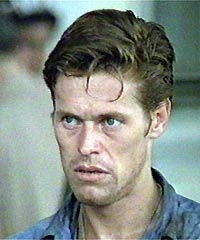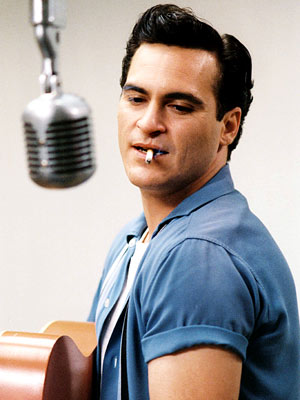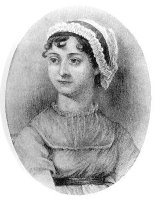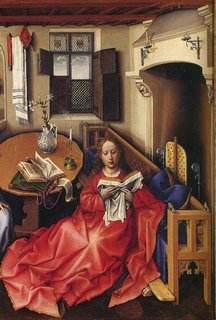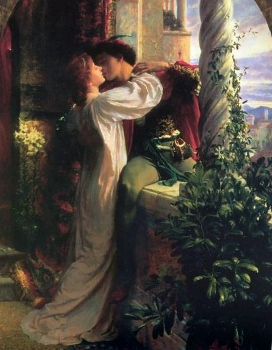 This is the advice Friar Lawrence gives Romeo and Juliet: “Therefore love moderately; long love doth so.” It sounds kind of stingy, as if you have to dole out your love a little at a time or you’ll run out.
This is the advice Friar Lawrence gives Romeo and Juliet: “Therefore love moderately; long love doth so.” It sounds kind of stingy, as if you have to dole out your love a little at a time or you’ll run out.
I guess his point really is that Romeo and Juliet’s level of drama is leading them into trouble. When writing romance, we want to tap into that sort of intensity. But just as the idea of reforming a rake is dangerously close to the unrealistic fantasies some women have of fixing an abusive lover, the idea of not being able to live without someone comes close to unhealthy obsession.
These tropes are edgy; maybe that’s why they’re so powerful.
So on one hand we have powerful emotion combined with the immature prefrontal cortex development of teenagers. It’s great for tragedy, but not for the happy ending we want in a romance novel.
On the other hand, there are mature characters who could live without each other, if need be. Is there a loss of emotional intensity?
I don’t really think so. I think we can still feel the love, even while admiring the strength of characters who move on despite their heartache.
But sometimes there is a powerful need that makes it all work. Laura Kinsale creates characters so scarred that my fellow Kinsale fans and I joke they would need years of therapy in real life. It’s not weakness to need help healing from major trauma. So it’s intense and satisfying that the hero or heroine can help the other.
But to keep it from edging into codependency, I want to know that at some point, near the end of the story or at some point beyond, the wounded one will be strong, too. I want to know he or she would eventually live a happy life even if the other were killed in a carriage accident.
Although romance writers don’t do that at the end of the story, however much they might be tempted in the often-frustrating middle.
What do you think?

